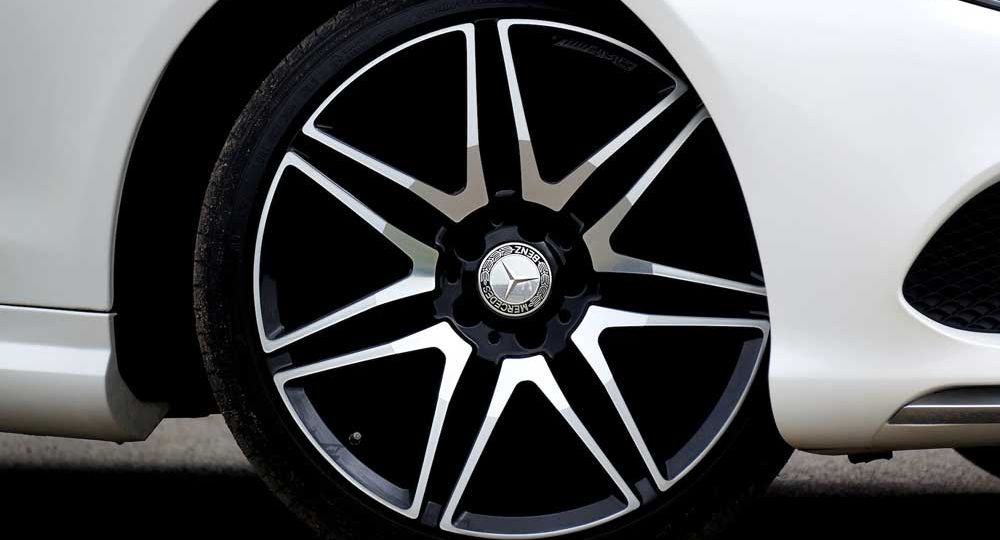
As a car owner, you’ve probably faced the dilemma of dealing with damaged alloy wheels. It’s a common issue, especially on Britain’s roads, which are often littered with potholes and kerbs that can cause scuffs, scratches, and dents. But when you notice that your car’s alloy wheels are looking a bit worse for wear, the big question arises: is it worth getting them repaired?
Understanding Alloy Wheel Repair
Firstly, let’s take a look at what alloy wheel repair entails. This process can range from fixing minor cosmetic damage to addressing more serious structural issues. Common repairs include removing scratches, correcting dents, and repainting to match the original colour. Some workshops offer refurbishment services that can make your wheels look as good as new.
The Cost Factor
The cost of repairing alloy wheels varies depending on the extent of the damage and the type of wheels you have. Minor repairs might cost as little as £50 per wheel, but more comprehensive refurbishments can run up to £100 or more per wheel. While this might seem steep, it’s essential to weigh these costs against the price of buying new wheels, which can be significantly higher, especially for premium brands.
Benefits of Repairing Alloy Wheels
Enhanced Appearance: Let’s face it, damaged wheels can be an eyesore. Repairing them can dramatically improve the look of your vehicle.
Maintains Car Value: For those thinking of selling their car or returning a leased vehicle, keeping the wheels in good condition is crucial in preserving or enhancing the car’s resale value.
Safety Considerations: In some cases, damaged alloy wheels can pose a safety risk. Cracks or structural damages can lead to tyre problems. Getting these issues fixed is not just a cosmetic choice but a safety imperative.
Cost-Effective: Compared to the price of new wheels, repairing is often a more economical choice.
When to Consider Replacement
There are instances where repair might not be the best option. If the wheel is severely damaged, such as in the case of deep cracks or significant structural compromises, replacement is the safer and more reliable choice. Always consult with a professional to assess the damage.
Environmental Aspect
Repairing and refurbishing alloy wheels is also a more environmentally friendly option than replacement. It reduces the waste and energy consumption associated with manufacturing new wheels.
Conclusion
In most cases, repairing alloy wheels is a worthwhile investment for car owners. It’s cost-effective, enhances the appearance and value of your car, and is better for the environment. However, always consider the extent of the damage and consult with a professional to ensure safety. Regular maintenance and careful driving can also help prolong the life of your wheels, saving you money and hassle in the long run.
Remember, your car’s wheels are not just about aesthetics; they’re an integral part of its safety and performance. Keeping them in top condition is not just a matter of pride, but a practical decision for any smart car owner.

